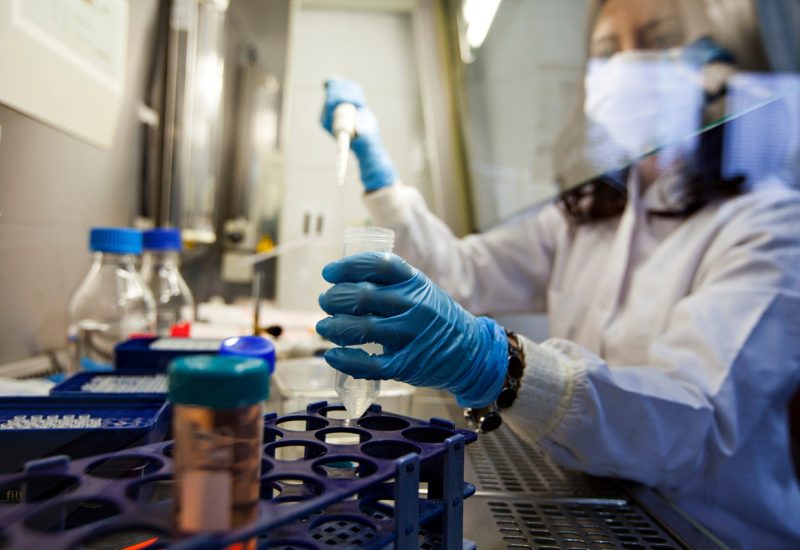
A recent study published in *Nature* reveals a concerning link between exposure to a bacterial toxin during childhood and an increased risk of developing colorectal cancer at a young age. Researchers from the University of California San Diego found that colibactin, a toxin produced by certain E. coli strains, significantly increases the risk of early-onset colorectal cancer.
The study analyzed the genomes of 981 colorectal cancer patients across 11 countries, distinguishing between early-onset (before age 50) and late-onset cases. Results showed a strong correlation between prior colibactin exposure and specific DNA mutations primarily occurring during the first decade of life. Individuals with this exposure were found to be 3.3 times more likely to develop early-onset colorectal cancer compared to those diagnosed after age 70. These colibactin-related mutations accounted for 15% of the early genetic alterations increasing colorectal cancer risk.
Lead researcher Ludmil Alexandrov emphasized that colibactin exposure is likely a major contributor to early-onset colorectal cancer. He highlighted the finding that a child who acquires these driver mutations by age 10 could develop the disease decades earlier than expected, potentially in their 40s instead of their 60s. The fact that early-life microbial exposure leaves a lasting genomic imprint with long-term cancer implications is both remarkable and concerning, underscoring the importance of early-life prevention and care.
While the study provides strong evidence of an association, it doesn’t definitively prove causation. Further long-term studies are needed to establish a direct causal link between colibactin and cancer development. Dr. Emil Lou, a board-certified oncologist, agrees that the microbiome plays a significant role in early-onset colorectal cancer, but cautions that other environmental factors also contribute to its development. Despite the limitations, the study highlights the critical role of early-life microbial exposures in influencing long-term cancer risk, emphasizing the need for further research and preventative measures.
Although the findings don’t currently call for changes to screening or treatment guidelines, they underscore the importance of early-life prevention strategies. The researchers are actively working on developing screening tests to detect the long-term effects of colibactin exposure, aiming to translate these findings into practical prevention strategies in the future. Given the alarming rise in colorectal cancer among young adults—doubling in those under 50 over the past two decades—this research is crucial. If current trends persist, colorectal cancer is projected to become the leading cause of cancer-related death among young adults by 2030, highlighting the urgency of this research and the need for increased awareness and preventative measures.










